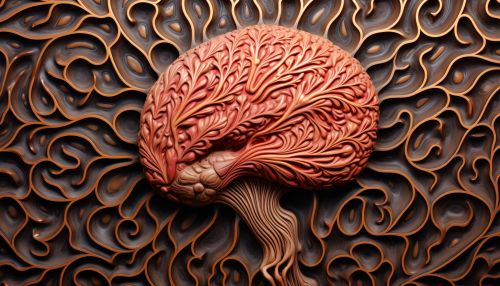Consciousness Studies
Introduction
Consciousness studies is a multidisciplinary field that encompasses a wide range of topics and theories related to the nature and experience of consciousness. It involves the study of consciousness from various perspectives, including those of psychology, neuroscience, philosophy, cognitive science, and artificial intelligence.


History of Consciousness Studies
The study of consciousness has a long history, dating back to the ancient philosophies of Plato and Aristotle. However, it was not until the 19th century that consciousness studies began to take shape as a distinct field, with the advent of psychology and the work of pioneers such as William James and Sigmund Freud.
Theories of Consciousness
There are many theories of consciousness, each with its own strengths and weaknesses. Some of the most prominent theories include:
Dualism
Dualism is the theory that the mind and the body are fundamentally different kinds of substances. This theory, which dates back to the work of René Descartes, posits that consciousness exists independently of the physical brain.
Physicalism
Physicalism, also known as materialism, is the theory that everything that exists is physical, or material. According to this theory, consciousness is a product of physical processes in the brain.
Panpsychism
Panpsychism is the theory that consciousness is a fundamental and ubiquitous feature of the universe. This theory suggests that all matter has some form of consciousness, albeit in varying degrees.
Integrated Information Theory
Integrated Information Theory (IIT) is a theory that proposes consciousness is a fundamental property of the universe, similar to mass or energy. It suggests that consciousness arises from the integration of information within a system.
Consciousness and Neuroscience
The field of neuroscience has made significant contributions to our understanding of consciousness. Neuroscientists study the brain and its functions, seeking to understand how neural activity gives rise to conscious experience. This involves the use of various techniques, such as functional magnetic resonance imaging (fMRI) and electroencephalography (EEG), to observe and measure brain activity.
Consciousness and Artificial Intelligence
The field of artificial intelligence (AI) also intersects with consciousness studies. Some researchers in AI aim to create machines that can mimic or even possess consciousness. This raises many philosophical and ethical questions, such as what it means for a machine to be conscious and whether it is possible or desirable to create conscious machines.
Future Directions in Consciousness Studies
The study of consciousness continues to evolve, with new theories and methodologies emerging regularly. Future directions in consciousness studies may include further exploration of the neural correlates of consciousness, the development of more sophisticated models of consciousness in AI, and the integration of insights from various disciplines to create a more comprehensive understanding of consciousness.
